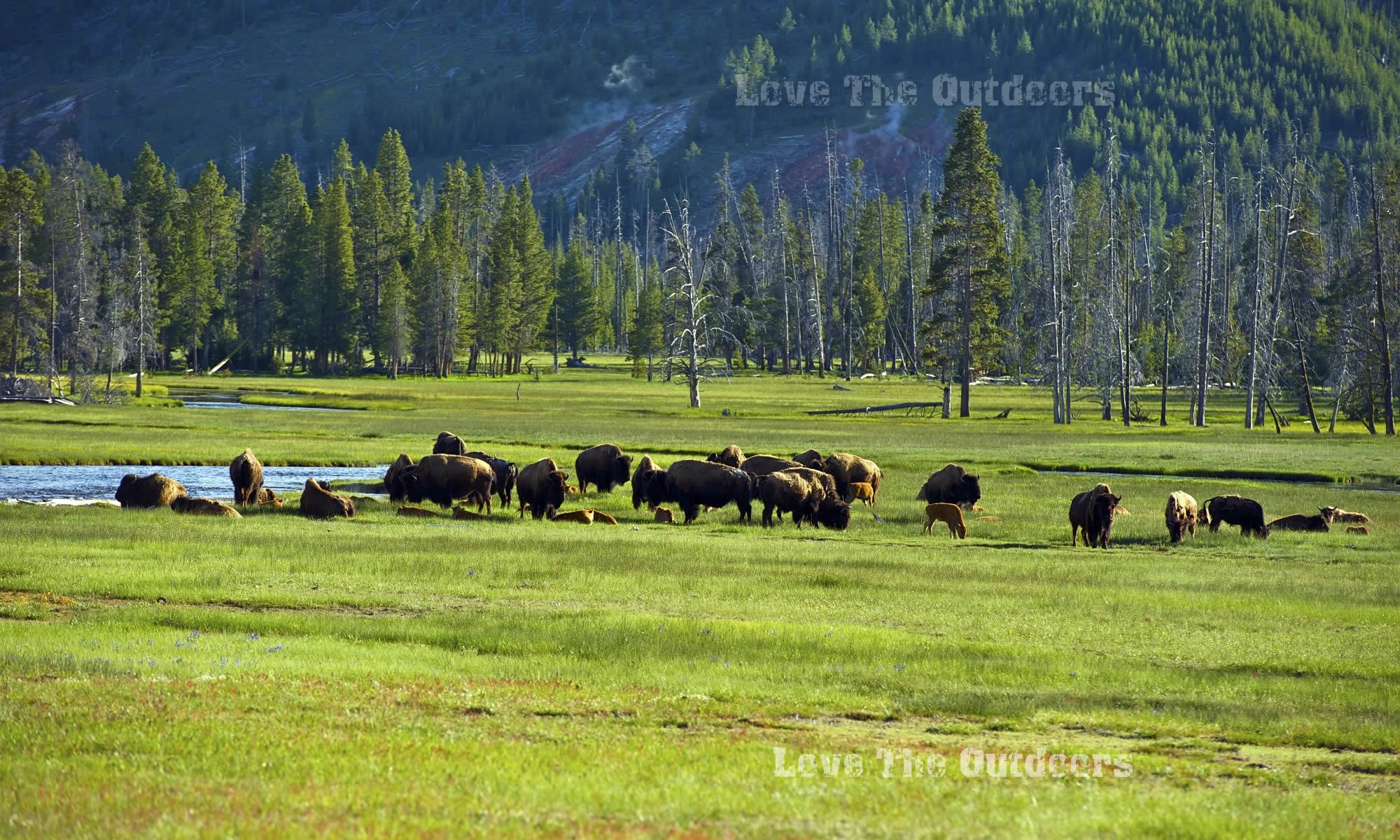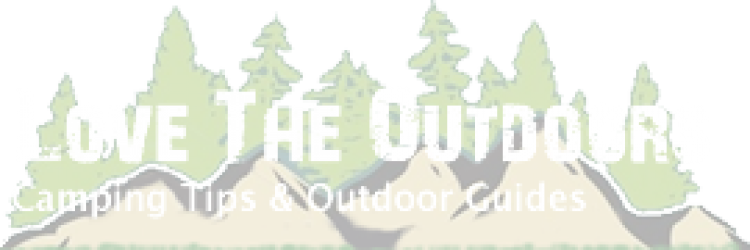Safety is one of the biggest issues to consider when camping, especially with kids who are less aware of danger signs and how to avoid common mistakes. Here’s a list I put together of the 6 things that can kill you while camping in the great outdoors and how to protect yourself from them.
1. Poisonous Plants
Poisonous plants can pose a threat to anyone in the great outdoors. For the most part, as long as you avoid contact with them, you won’t be in any danger. The most important thing to remember is don’t eat or even touch any plant that you can’t readily identify. It’s especially important to watch little kids in the outdoors, as they have a tendency to put things in their mouth. According to Live Science, these are the top 10 most poisonous plants. Poisonous plants are relatively easy to avoid if you know what you’re looking for, just watch out for the rest of your group.
The Web Ecoist is also another great resource for identifying deadly plants. Check out the following article to learn more: Cute Killers: 16 Unassuming-but-Lethal Poison Plants.
2. Dehydration
 Dehydration is a leading cause of death all around the world. It’s difficult for people in developed countries to fathom this, but millions (if not billions) of people around the world do not have access to clean drinking water. When on an outdoor adventure, whether it be hiking through a long trail or just camping out for a few days, it’s extremely important to drink lots of water. If you’re not getting enough water, you may start to experience mild symptoms of dehydration such as:
Dehydration is a leading cause of death all around the world. It’s difficult for people in developed countries to fathom this, but millions (if not billions) of people around the world do not have access to clean drinking water. When on an outdoor adventure, whether it be hiking through a long trail or just camping out for a few days, it’s extremely important to drink lots of water. If you’re not getting enough water, you may start to experience mild symptoms of dehydration such as:
- Chills
- Headache
- Fatigue
- Dry mouth
- Loss of appetite
More serious symptoms of dehydration can include vomiting, shortness of breath, confusion and dulled vision. If you or any member of your group experience these symptoms, start getting some fluids into your body asap. Make sure those affected avoid the sun and moving around as much as possible, and get to the nearest health facility as quickly as you can.
3. Wild Animals
 Everyone has a great camping story about a bear stealing their food or just “visiting” their campsite. For the most part, bears will not attack unless provoked. The best thing to prevent bears from visiting your campsite is to not leave any food remnants lying around. If possible, wrap them up in a canvas and hoist them up over a high branch on a nearby tree. This is an effective deterrent for bears.
Everyone has a great camping story about a bear stealing their food or just “visiting” their campsite. For the most part, bears will not attack unless provoked. The best thing to prevent bears from visiting your campsite is to not leave any food remnants lying around. If possible, wrap them up in a canvas and hoist them up over a high branch on a nearby tree. This is an effective deterrent for bears.
Depending on where you’re located and what type of activities you’re partaking in, other dangerous animals to be aware of include:
- Snakes
- Wolves
- Scorpions
- Sharks
- Crocodiles
- Spiders
Outdoor.com has a great article for some more information on avoiding wild animals while camping.
4. Weather
 Weather can be your best friend or your absolute worst enemy. We all love the the sun shining and calm waters on a beautiful, clear day. But weather can quickly turn on us and you need to be aware of the warning signs. Simply looking up into the sky for dark clouds can guarantee a storm is coming. It may just be a quick thunderstorm, but it could also signal a coming tornado.
Weather can be your best friend or your absolute worst enemy. We all love the the sun shining and calm waters on a beautiful, clear day. But weather can quickly turn on us and you need to be aware of the warning signs. Simply looking up into the sky for dark clouds can guarantee a storm is coming. It may just be a quick thunderstorm, but it could also signal a coming tornado.
Lighting strikes are a particular danger in the woods, especially if you don’t have a nearby car to hop into and ride out the storm. Your best bet is to stay clear of trees and bodies of water as much as possible. Make yourself a small target by curling up into a ball, and stay out of your tent.
There’s a great in depth article over at How Stuff Works on how to survive a lighting storm in the middle of the woods.
Floods are another big danger when camping. Avoid camping in the low grounds and most definitely avoid any sort of valley. These types of locations are nature’s canals. In a downpour, water can come rushing through these areas and sweep away your entire campsite.
5. Nature!
 Nature is another thing you need to watch out for when milling through the great outdoors. You need to respect your surroundings – bodies of water, mountains and steep inclines, trees and anything else around you capable of causing harm. Always use the proper safety equipment when climbing and if possible, make sure to have at least one other person with you in case of an emergency. Another good rule of thumb is to tell someone else who isn’t present where you’ll be and how long you plan to stay. This way, if they don’t hear back from you after a certain time, they can have the proper authorities go looking for you.
Nature is another thing you need to watch out for when milling through the great outdoors. You need to respect your surroundings – bodies of water, mountains and steep inclines, trees and anything else around you capable of causing harm. Always use the proper safety equipment when climbing and if possible, make sure to have at least one other person with you in case of an emergency. Another good rule of thumb is to tell someone else who isn’t present where you’ll be and how long you plan to stay. This way, if they don’t hear back from you after a certain time, they can have the proper authorities go looking for you.
6. Firearms, Knives and other Outdoor Gear
 Firearms, knives and other potentially hazardous outdoor gear needs to be treated with the utmost respect. Do not keep loaded firearms around children and lock them up or disable them if possible. All knives should be kept in their sheaths to avoid accidental cuts. When hunting, take the necessary steps to avoid firearms accidentally going off and striking another member of your group, or even yourself. Here’s some more information from How to Do Things on how to handle a gun safely.
Firearms, knives and other potentially hazardous outdoor gear needs to be treated with the utmost respect. Do not keep loaded firearms around children and lock them up or disable them if possible. All knives should be kept in their sheaths to avoid accidental cuts. When hunting, take the necessary steps to avoid firearms accidentally going off and striking another member of your group, or even yourself. Here’s some more information from How to Do Things on how to handle a gun safely.


Hi buddy,
I just read your blog. Outdoor ideas you shared so interesting. Great work, thanks for sharing your awesome blog.
Sharks? What type of camping involved being concerned about sharks? Those are only found in salt water. I’m curious.